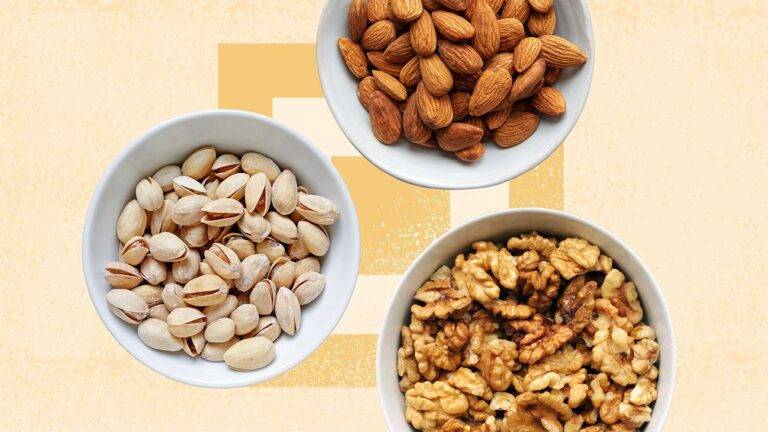Here’s how to nourish children during fasting TDT | Manama The Daily Tribune – www.newsofbahrain.com Report by Zahra Ayaz As Ramadan is on the horizon, parents are urged to understand the importance of maintaining a balanced diet and fasting for children. In a recent interview with The Daily Tribune, Sajitha Rajesh, a prominent nutritionist at KIMS Hospital, shared valuable insights on how children can stay healthy and nourished while observing Ramadan fasting. Rajesh emphasised the significance of consuming nutrient-dense foods and maintaining hydration levels to ensure children’s energy and academic performance remain intact during the fasting period. According to Rajesh, “Balanced meals, especially during suhoor, are crucial to help children maintain their energy levels throughout the day. Including foods such as eggs, bread, cheese, dried and fresh fruits, yogurt, and milk can provide essential nutrients.” To preserve energy levels, she advised parents to consider reducing extracurricular activities, such as sports, during Ramadan, especially on days with long fasting hours. “Reducing physical exertion can help children conserve energy and prevent exhaustion,”Rajesh explained. When it comes to iftar, the meal to break the fast, she cautioned against overeating, which can lead to indigestion and discomfort. She recommended focusing on hydration and said, “Encourage your children to drink water, coconut water, or fresh fruit juices instead of energy and carbonated beverages. Hydration is essential for maintaining their well-being.” Rajesh acknowledged that changes in weight are common during the month of fasting due to the body’s autophagy, a natural cleansing process. She stressed the importance of the gap between meals for proper digestion and stated, “Following a healthy balanced diet during iftar and suhoor will not cause any health effects. It is a normal part of the fasting process.” Consistent routine In conclusion, Rajesh advised against fasting without suhoor and avoiding late-night and midnight snacks. “Maintaining a consistent routine throughout Ramadan and adhering to the appropriate time to break the fast are crucial factors in ensuring a healthy fasting experience for children,” she added. By implementing these expert recommendations, parents can actively support their children in maintaining their health, energy, and overall well-being during the holy month of Ramadan. According to sources, millions of Muslims worldwide observe Ramadan, a 30-day period of strict fasting from dawn to sunset, as a demonstration of devotion to their faith. While fasting is one of the five pillars of Islam, it is not mandatory for Muslim children until they reach puberty, typically between the ages of 10 and 14 for girls, and 12 and 16 for boys. SAJITHA RAJESH, KIMS HOSPITAL NUTRITIONIST Related Posts
This content was originally published here.




















